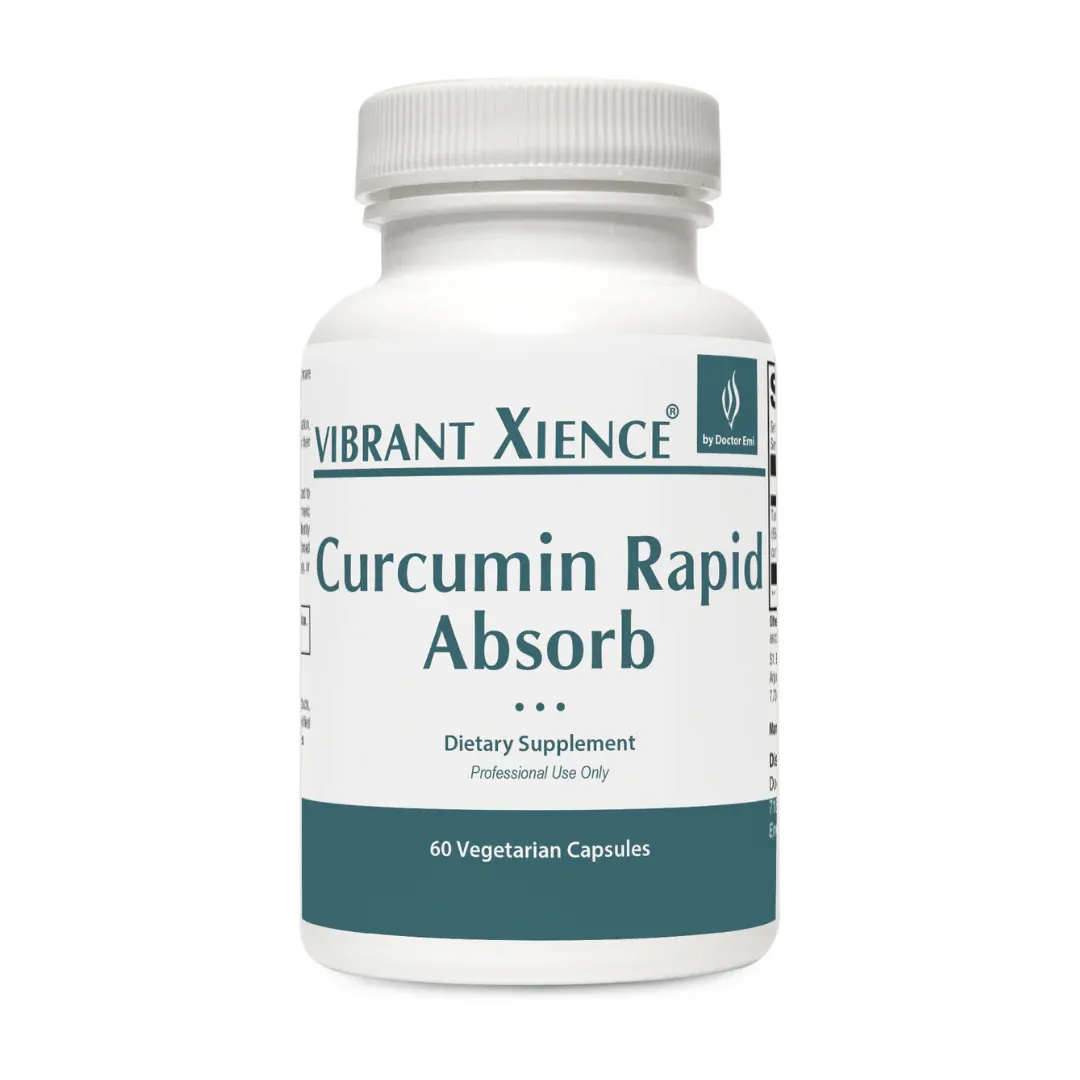Spice Name: Turmeric
The name of this spice is turmeric (sometimes spelled, tumeric).
Scientific Name
The scientific name of turmeric is Curcuma longa L.
Other Names
Turmeric is also known as Indian saffron, haridra, haldi, halada, manjal, pasapu, and arishina.1
What It Is
Turmeric comes from a rhizome (an underground stem) of the plant, which it why it is termed a spice, and not an herb (herbs come from the leaves of a plant).
Where It Is found
Turmeric is cultivated in the tropical and sub-tropical regions of South Asia, and is thought to originate from India. Most of the world’s turmeric comes from Alappuzha (or Alleppey) and Madras, India.2
About Turmeric
The spice, turmeric, is a member of the ginger family. It is a staple in the kitchens of India, and is found in a multitude of Indian dishes. Turmeric has been used for thousands of years in the eastern world in cooking and for medicinal purposes. The eastern way of cooking with it involves stirring it into oil or yogurt, which releases its health properties more readily than simply sprinkling it over the food. Turmeric is also a component of the western world’s “curry powder,” and gives American mustard its yellow hue.
What’s in It
There is an active ingredient in turmeric called curcumin. Curcumin is sort of a derivative of turmeric – actually a curcuminoid, “which indicates a group of compounds such as curcumin, demethoxycurcumin and bis-demethoxycurcumin and cyclic curcumin. Of these compounds, curcumin is the major component, and cyclic curcumin is the minor component.”3 Curcumin is the component of turmeric that is undergoing a great deal of research with regard to its therapeutic properties.
Health Benefits
Curcumin has been shown to exhibit antioxidant and anti-inflammatory properties.4,5 In Ayurvedic medicine (the ancient Indian whole-body holistic healing system), turmeric has been used for thousands of years to treat a myriad of heath conditions. There is ongoing research of curcumin where the inflammatory diseases, osteoarthritis6 and rheumatoid arthritis7 are concerned, as well as cancer8 and brain, ocular, renal, and liver diseases.9 Curcumin is also being studied for its anti-inflammatory, antioxidant, and possible neuro-protective properties in Alzheimer’s Disease and other neuron-degenerative diseases such as Parkinson’s.10
How Curcumin Is Taken
Curcumin comes in dietary supplement form, and can be taken in the form of capsules. Doctor Emi’s Vibrant Xience Store carries an excellent curcumin dietary supplement called Curcumin Rapid Absorb. It is aptly named as it is well-absorbed (bioavailable) into the body – far more so than many other curcumin supplements on the market because of the patented formulation: BCM-95®11 (a process using double steam distillation) which makes Curcumin Rapid Absorb readily absorbable (bioavailable) for maximum efficacy.
Read more about curcumin: The Wonders of Curcumin and Why You Should Consider Taking It
Warning
Curcumin has mild blood thinning properties. If you are currently taking warfarin (Coumadin) or other antiplatelet/anticoagulant medications, you should not take a curcumin dietary supplement. If you are taking any other prescription drugs or have an ongoing medical condition, you should consult your physician before using any curcumin dietary supplement. Women who are pregnant or nursing should not take a curcumin dietary supplement. If you have any chronic medical conditions, are taking prescription medications, or are undergoing chemotherapy treatment, it is imperative you consult your physician or licensed health care professional prior to taking any curcumin dietary supplement (or any other dietary supplement).


